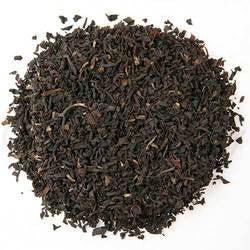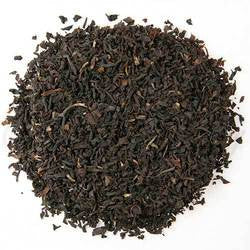1
/
of
1
Assam FBOP Organic
Full bodied, lovely balanced astringency with jammy hints of malt and toast. A good stout Assam.
Luxury Ingredients: Black tea
This tea supports the Ethical Tea Partnership
All Camellia sinensis in our blends contributes to a fairer, more sustainable tea industry.
CAFFEINE CONTENT | HIGH
Cup per oz
10-12 cups per 1 oz
Couldn't load pickup availability
 1-2
1-2
Tea
Spoons


205-212°F
In 475 ml (8oz)

 4-6 mins
4-6 mins
 1-2
1-2
Teaspoons

 205-212°F
In 475 ml (8oz)
205-212°F
In 475 ml (8oz)

 4-6 mins
4-6 mins


Assam FBOP Organic
- Regular price
-
$64.95 - Regular price
-
- Sale price
-
$64.95


